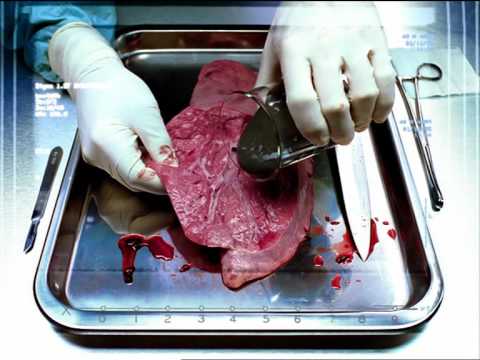What Smoking Really Does to Your Lungs
You know how smoking affects your body – it increases risk of cancers, heart diseases, stroke, etc. It doesn’t choose its victims – it has no respect for class, gender, or race. It strikes whoever is nearest, making no distinction between the smoker and the innocent nonsmoker.
Smoking affects secondhand smokers, nonsmokers who inadvertently breathe in the smoke. Secondhand smoke comes from 2 sources – smoke from the burning end of the cigarette, and smoke exhaled by smokers. Secondhand smoking is as dangerous as smoking itself, as the secondhand smokers inhale more of the smoke than the smokers themselves.
In so many ways smoking is harmful to the body, but it is the most dangerous to the lungs. How does smoking affect your lungs, then?
Know that it is not only your lungs that are affected, but also the airways and your other respiratory organs. When you start smoking cigarettes, chemicals enter the body through the mouth and nose and into the lungs. Burning tobacco produces more than 4,000 chemicals, which include carbon monoxide, nicotine and tar.
The tar from the cigarettes sticks to the cilia, the tiny hair-like structures that line the airways in the lungs. The cilia typically acts as little brooms that sweep out harmful dirt – but when cigarette is smoked, the cilia can’t work properly because the tar sticks to the cilia and is therefore covered. Even a stick is enough to slow down the cilia, and with the cilia not performing its task properly, dirt can stay in lungs and so cause problems. Mucus also gets piled up, and germs don’t get swept out. Overtime, as smoking get heavier and more frequent, the cilia dies and the lungs is exposed to even more dangerous substances.
How does smoking affect your lungs? By destroying the cilia. When those little brooms are not working, dirt-filled mucus slides down your lungs and blocks the tiny airways – and the air can’t get in or out properly. That is the reason why smokers cough a lot -because they have to cough to rid of the dirty mucus in their lungs. Whereas those unexposed to cigarette smoke hardly ever need to cough, because their cilia are working just fine.
How does smoking affect your lungs? By enlarging the cells producing mucus in your lungs and airways. The amount of mucus increases, and the mucus thickens. Your lungs and airways then get irritated and inflames, narrowing and reducing the airflow.
How does smoking affect your lungs? By causing detrimental changes in your lungs and airways – changes that can be sudden or long-term. Changes that appear suddenly, lasts a short time then goes away are called acute changes, and examples of these are colds and pneumonia. Chronic changes are those that happen slowly and last a long time – some for the rest of your life. A chronic change caused by smoking is emphysema. Bronchitis and lung cancer are other chronic changes. How does smoking affect your lungs? By destroying your lungs and killing you.
What Smoking Really Does to Your Lungs by Dr. Mark Clayson




